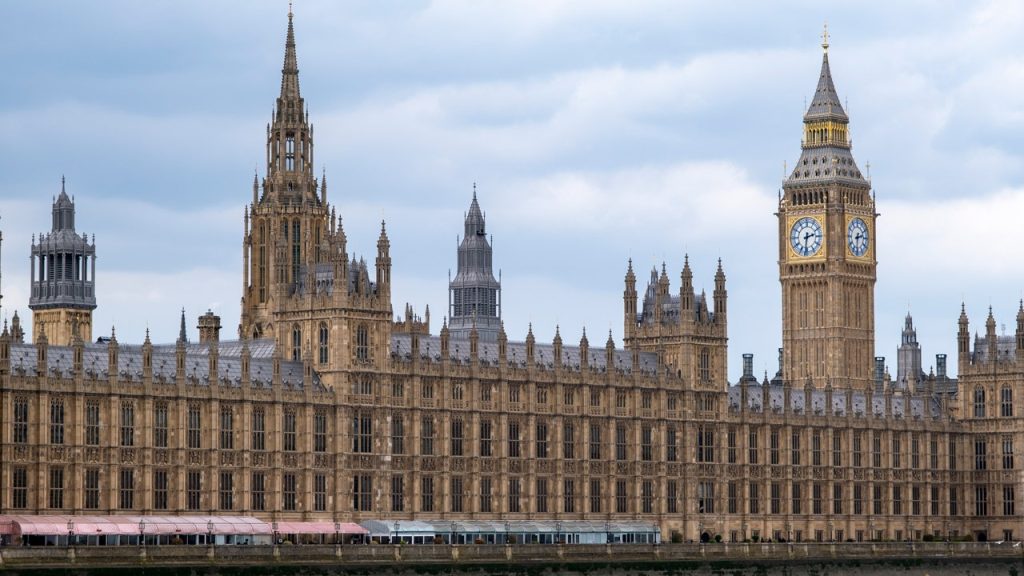Britain is currently facing a crisis in terms of free speech, with concerns being raised about the overzealous crackdown on freedom of expression by the left-wing government, police, and courts. The ruling Labour Party, under Prime Minister Keir Starmer, has been accused of rolling back free speech protections and selectively enforcing laws based on the beliefs of different groups. Recent widespread riots in England have reignited the debate on free speech, with a focus on harsh policing of online speech in particular.
The issue of free speech in the UK became a focal point after ex-police officer Harry Miller was investigated for social media posts deemed transphobic. The court ruled in Miller’s favor in 2020, but the guidelines that allow police to pursue individuals over online comments remain unchanged. The government has issued warnings about posting offensive or threatening content online, intending to crack down on posts that could incite violence or hatred. Measures are being implemented to force social media companies to suppress “fake news” and harmful content to prevent social unrest.
The concern over free speech extends beyond online platforms, with different standards being applied to various viewpoints and political protests. Instances such as the arrest of two pro-Israel counter-protesters during a pro-Hamas march in London highlight the double standards in applying the law evenly. Some individuals, like Christian pastor Dia Moodley and military veteran Adam Smith-Connor, have faced legal challenges and prosecution for engaging in activities such as street evangelism and silent prayer near certain facilities.
There has been a growing backlash against the government’s anti-free speech stance, with over 600 academics and intellectuals signing a letter urging the government to reconsider the decision to halt the implementation of a free speech law in higher education. The law was intended to protect students’ and academics’ free speech rights on campus but has been paused over safety concerns. Critics argue that there is, in fact, a significant free speech problem in UK universities, with many cases of academics and students facing repercussions for expressing legal opinions.
The debate around free speech in the UK continues to intensify, with concerns about government overreach and selective enforcement of laws based on political beliefs. The crackdown on social media content and public expressions of certain viewpoints has sparked criticism from various quarters, with calls for a more balanced and consistent approach to protecting free speech rights. The challenges faced by individuals like Harry Miller, Dia Moodley, and Adam Smith-Connor underscore the need for a closer examination of the current state of free speech protections in the country.
Overall, the situation regarding free speech in the UK is complex and multifaceted, with competing interests and concerns at play. While there is a recognition of the importance of protecting free speech rights, there are also worries about the potential for harmful or incendiary content to fuel social unrest. Balancing these interests and ensuring that free speech is protected for all citizens, regardless of their beliefs or viewpoints, remains a key challenge for policymakers, law enforcement, and the public at large.


